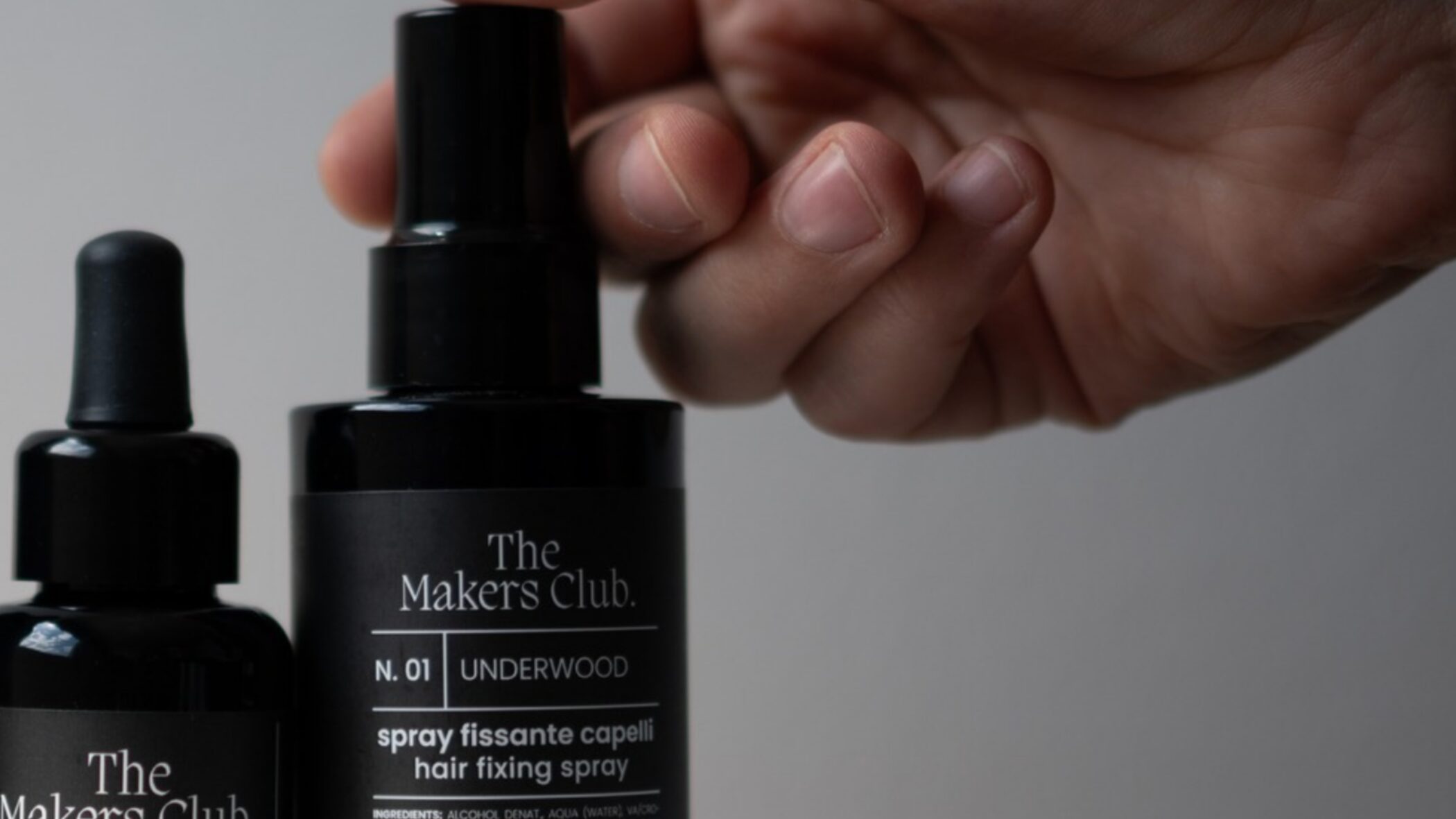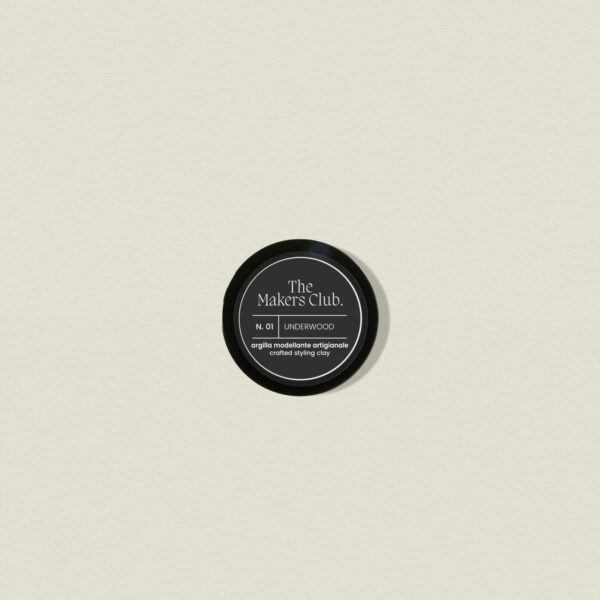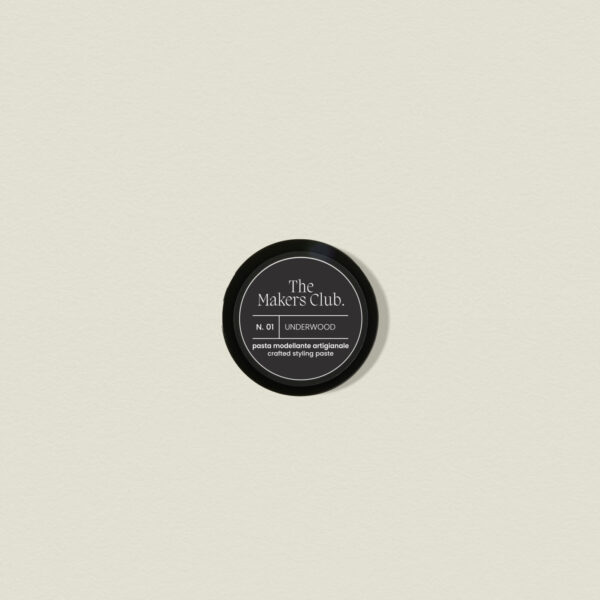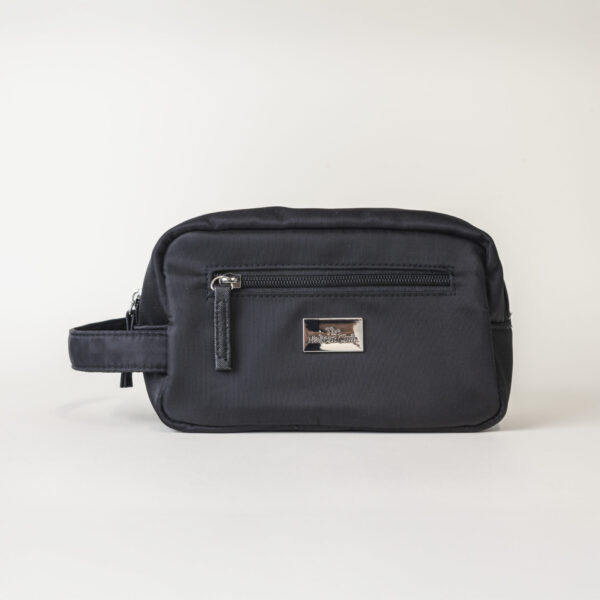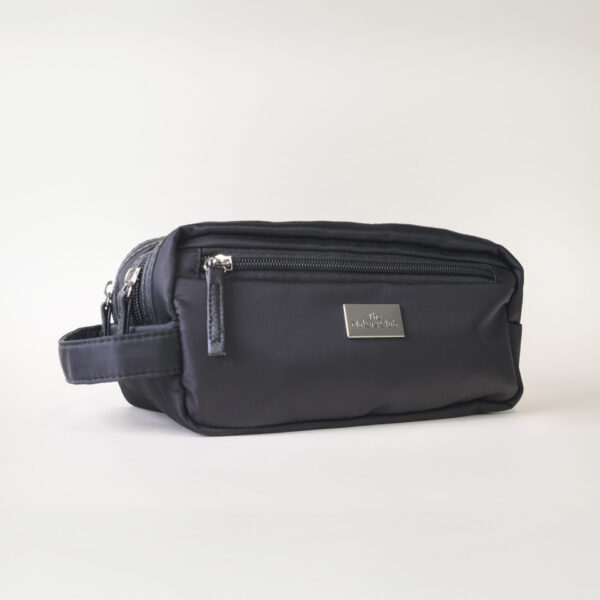In recent years, environmental awareness has grown exponentially, affecting every aspect of our daily lives, including personal care. More and more men are approaching the world of grooming with a keen eye not only on product effectiveness but also on environmental impact. Today, choosing what to put on your skin is no longer just a matter of aesthetics or scent, it’s a decision that can contribute to the well-being of the planet.
Sustainable men’s grooming represents a new frontier: an approach that blends self-care, respect for the environment, and social responsibility. If you’re considering adopting a more mindful grooming routine, you’re in the right place. In this guide, we’ll delve into every aspect of sustainable grooming for men, offering practical tips, food for thought, and suggestions for a more thoughtful, simple, and meaningful daily routine.
Index
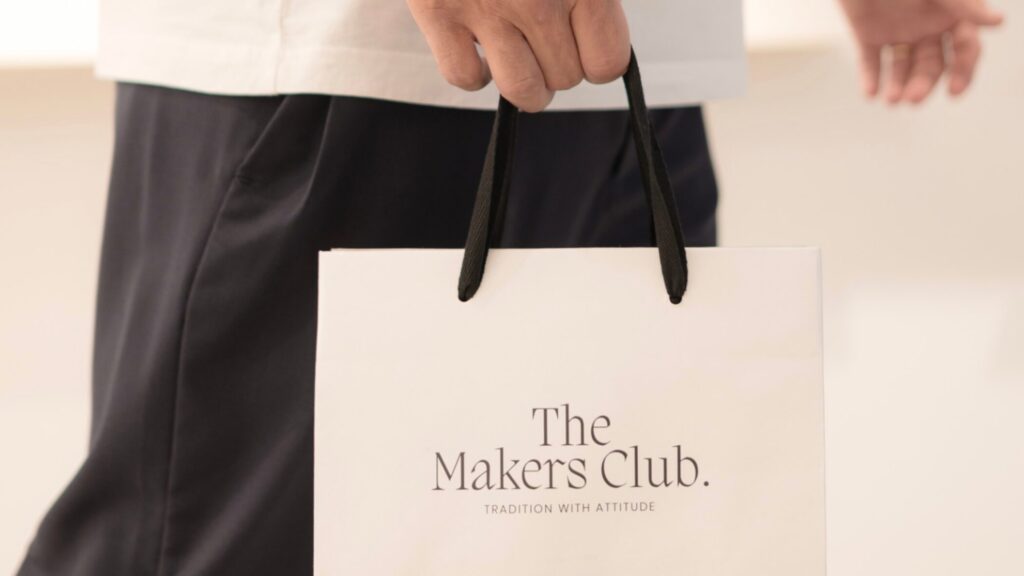
Why Choose a More Sustainable Skincare Routine?
Every day, almost without thinking, we use a variety of products: facial cleansers, moisturizers, after-shave lotions, beard oils, shampoos, and conditioners. Yet we often don’t pause to reflect that each of these products has a lifecycle, from ingredient sourcing to formulation, packaging, and disposal. Each phase can carry a significant environmental impact.
Many traditional cosmetics contain synthetic chemical ingredients such as silicones, parabens, or microplastics, substances that can be polluting to the environment and irritating to the skin. Moreover, packaging is often made of single-use plastic, hard to recycle, and destined for general waste.
Adopting a sustainable skincare routine means making more conscious choices: favoring natural formulas, eco-friendly packaging, cruelty-free products, and, if possible, brands that invest in ethical production practices. It’s not about sacrificing quality, rather, it’s about choosing solutions that are effective, healthy, and respectful of the ecosystem.
Natural Ingredients and Transparent Formulas
One of the cornerstones of sustainable skincare is the composition of products. Reading labels carefully (INCI – International Nomenclature of Cosmetic Ingredients) should become a healthy habit. Learning to recognize and prefer natural, organic, pesticide-free, and easily biodegradable ingredients is a vital first step.
Botanical extracts, essential oils, floral waters, and natural butters offer real benefits for the skin and are often well tolerated, even by sensitive skin. Avoiding harmful components such as petroleum derivatives, silicones, and artificial fragrances helps protect the environment and reduce the risk of skin reactions.
The key word here is transparency. A sustainable brand communicates clearly about the ingredients used, explains their origins, and often tells the story of their production process. This approach makes certain brands particularly reliable, not just for product quality but also for the values they convey.
A tangible example is The Makers Club, an Italian brand that has chosen to formulate products that are simple, effective, and profoundly transparent. Their N.01 Beard Balm, for instance, contains organic calendula and mallow extracts, well-known for their soothing and hydrating properties. The INCI is essential, easy to read and understand, ideal even for those newly exploring natural grooming.
This kind of approach not only reduces the risk of skin sensitization but also fosters a more authentic connection with what we use daily on our face and body.
Packaging Matters: Less Plastic, More Reuse
Another often-overlooked yet crucial aspect of cosmetic sustainability is packaging. Each year, the cosmetic industry generates tons of non-recyclable plastic waste, from bottles and caps to protective films, all of which typically have a short useful life before ending up in landfills.
That’s why many companies are adopting innovative solutions: recycled or recyclable materials, glass packaging, refill systems, and even solid formats that require no plastic containers.
Here too, The Makers Club stands out for concrete commitment. Their products employ materials like glass or post-consumer recycled plastic (PCR) with minimalist design to minimize environmental impact. The packaging is intended for reuse or easy disposal, promoting a longer, more responsible product lifecycle.
Of course, using sustainable materials also brings technical and economic challenges. Producing glass or PCR plastic bottles is more expensive, requires high quality standards, rigorous controls, and often significant technological investments. Yet, more and more brands view this cost not as an obstacle, but as an investment in the future. For eco-conscious consumers, it’s a decisive criterion in their product choices.
Simplify Your Routine with Multi-Purpose Products
Being sustainable doesn’t mean complicating your life. On the contrary, one of the foundational principles of more responsible grooming is simplifying your daily routine. We often use far more products than necessary, building up bottles, waste, and expenses.
The key is to focus on multi-functional products: smart solutions that deliver multiple benefits in a single step. Moisturizers that also work as after-shaves, oils that nourish both beard and skin, gentle shampoos suitable for body use as well. This way, you reduce the number of products you use, simplify your routine, and lower environmental impact.
The advantages are obvious: less plastic, fewer ingredients released into the environment, and reduced water and resource consumption in production. There’s also a practical benefit: a lean routine is easier to maintain, especially for those short on time or constantly on the go.Many sustainable brands today embrace this approach, offering versatileformulations that combine effectiveness, simplicity, and sustainability.
Transparency as a Guiding Value
Talking about sustainable grooming today also means talking about values. Increasingly, consumers want to know who’s behind a product, the company’s ethical choices, where the raw materials come from, and how they’re processed. Transparency has become a key criterion when evaluating a brand.
An ethical company doesn’t just sell, it educates its customers, guides them toward more informed choices, and provides clear, understandable, and verifiable information. This applies to ingredient origins as well as environmental impact, supply chain, packaging, and even logistics.
In a context where “greenwashing” (the misleading promotion of products as eco-friendly when they aren’t) is increasingly common, transparency becomes essential for building trust. Brands that honestly share their journey, including areas still in progress, feel more authentic and credible.
An informed consumer is also a more responsible consumer. Knowing how and when to use a product, in what quantity, and how to dispose of its container, helps reduce waste and adds value to every purchase.
A Small Daily Act That Makes a Difference
Choosing sustainable men’s grooming doesn’t mean overturning your habits, it means changing them with greater awareness. No major revolutions or excessive spending are required: just small daily acts, repeated over time, to make a tangible difference.
- Choose natural and certified ingredients.
- Avoid products with unnecessary or potentially harmful synthetic ingredients.
- Prefer recyclable or reusable packaging.
- Use multi–purpose products to cut down on cosmetics.
- Educate yourself about the brand’s values and production ethics.
Every choice, however small, can contribute to a cleaner, healthier, more equitable world. Male beauty no longer depends solely on appearance, it becomes an act of responsibility. Grooming can turn into a moment of well-being, not just for oneself but also for the environment and future generations.
Choosing consciously means embracing a new way of caring for yourself: more authentic, more respectful, more sustainable.



